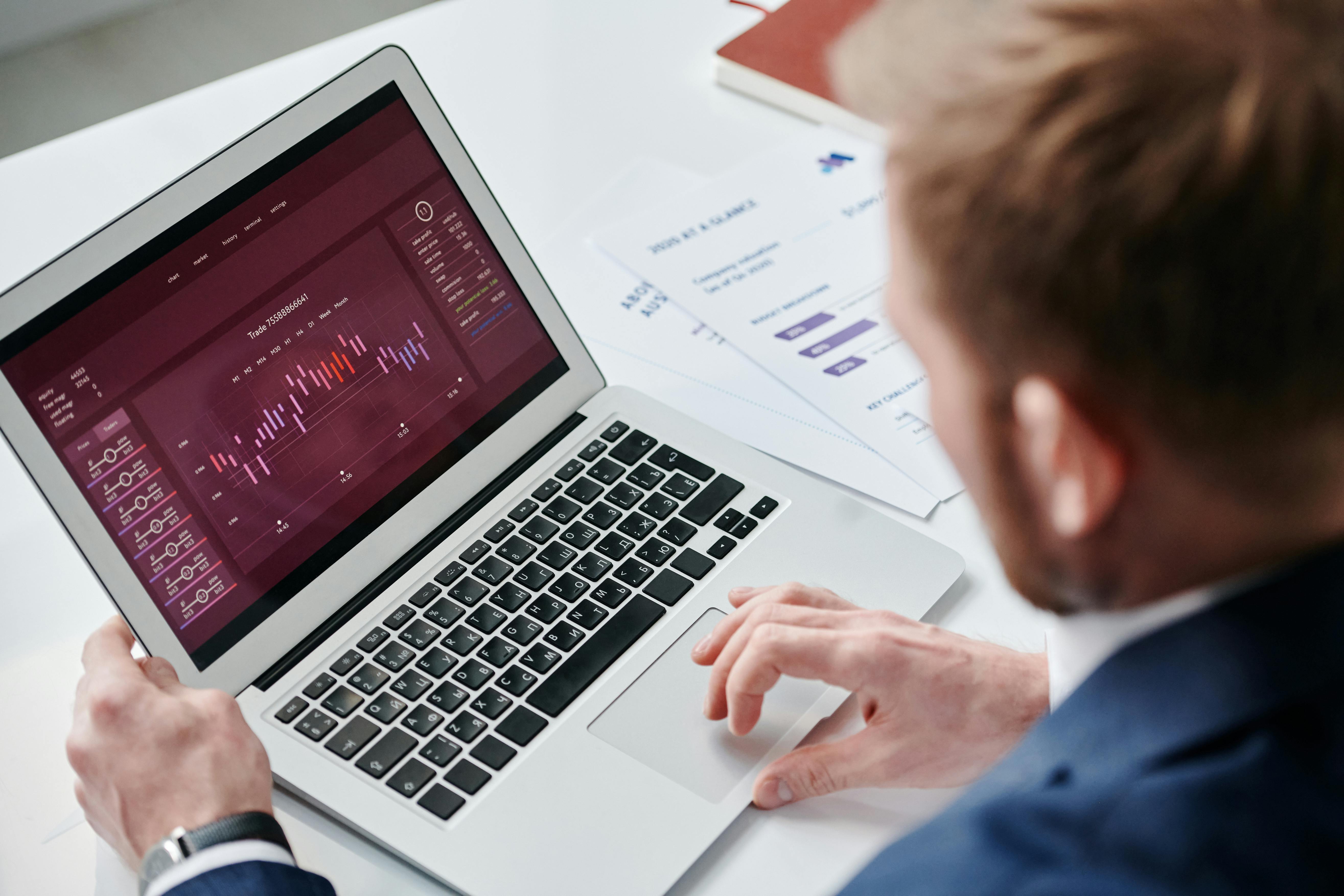I have a confession to make.
I have a thinking problem.
It started simply enough. I would think socially. But that’s acceptable, right? Plus, I kind of liked it. Thinking allowed me to loosen up and meet new people.
Then I began thinking alone. I began thinking late into the night which was causing me to oversleep and miss work. It became hard for me to go my entire day without thinking. Sometimes, I would even think before work. Worse yet, I began thinking on my lunch breaks.
How did I let it get to this point?
See, I relapsed sometime earlier this week while reading Daring Greatly by Dr. Brené Brown.
So, what could Dr. Brown say that pushed me into looking up the nearest Thinker’s Anonymous?
Ready?
“Vulnerability is not weakness.”
WTF, Doc Brown. WTF.
If vulnerability is not weakness, what is it? Am I vulnerable? Should I be? Is my lack of vulnerability holding me back personally and professionally?
We live in this society that trains us from a very young age to believe vulnerability is a weakness. We’re taught as children to wake up in the morning, armor up and be tough. Don’t let the bastards get you down. Don’t let them see that you’re hurt. Leave it at home, don’t bring it to work.
“Go out and be vulnerable today, son!” – No dad ever
But by placing these artificial barriers around our vulnerability emotion we’re just numbing the pain. By numbing the vulnerability emotion, we’re introducing this halo effect where our other emotions become numbed — joy, happiness, belonging.
We can’t selectively numb emotions without affecting the others.
What if, in fact, vulnerability is simply a byproduct of great courage and strength? Or bravery? I mean, it takes immense amounts of courage, strength and bravery to allow yourself to be vulnerable, so it makes sense.
This of course, got me thinking a lot about my own life…
Every day. Every single day, the average human is faced with over 35,000 decisions.
I’ve long believed that no matter what decision we’re making, we’re really only ever deciding between two things— safety or risk.
Safety offers comfort and security. Safety is easy. Safety is known.
Risk offers excitement and growth. Risk is scary. Risk is unknown.
My advice has always been to choose risk as often as possible.
What I feel Dr. Brown has introduced into this theory is not only do we need to continue to choose risk, we need to be able to identify when our vulnerabilities are impacting our decision making.
Our vulnerabilities typically appear in the form of us questioning ourselves.
What if I risk and lose? What if I fail publicly? What if I ask her on a date and she says no? What if they laugh at me? What if they say I’m too fat? What if they say I’m not smart enough? Tall enough? Attractive enough?
These vulnerable questions can paralyze us into non-action. When we’re paralyzed into non-action we starve ourselves and the world of the joys of new experience.
And even though I’ve been consciously aware of my decision making for several years, I now have the self-awareness to see that in those moments when I chose safety over risk it was due to me not being vulnerable enough to allow myself to choose the risk option.
As a result of not being vulnerable, I wasn’t courageous. I wasn’t brave. I wasn’t strong, and I missed out on some great opportunities.
I think back to all of the labor I invested in what feels like 35 different startups. Some failed horrendously, some nearly killed me. Some sparked major backlash, some were boring as hell. But some worked.
The ones that worked were the ones where I was completely vulnerable. By silencing the critics I allowed myself to be vulnerable, I allowed myself to be completely courageous, brave and steadfast in what my goals were. When you’re courageous and committed, you’re confident. When you’re confident you’re brave, you make bold decisions, you take chances and risk big.
My failures were all the same too. I failed when I was scared. I failed when I didn’t allow myself to make the big and brave decisions. I failed when I prioritized safety over risk. And I prioritized safety because I wasn’t comfortable with the thought of risking and losing publicly— I wasn’t vulnerable.
Discussing this topic brings me back to one of my all time favorite quotes by Teddy Roosevelt…
It is not the critic who counts; not the man who points out how the strong man stumbles, or where the doer of deeds could have done them better. The credit belongs to the man who is actually in the arena, whose face is marred by dust and sweat and blood; who strives valiantly; who errs, who comes short again and again, because there is no effort without error and shortcoming; but who does actually strive to do the deeds; who knows great enthusiasms, the great devotions; who spends himself in a worthy cause; who at the best knows in the end the triumph of high achievement, and who at the worst, if he fails, at least fails while daring greatly, so that his place shall never be with those cold and timid souls who neither know victory nor defeat.
See in 2017, and this great thing called the internet, there’s a billion people who will never enter the arena. They will sit in the cheap seats and hurl stones when the vulnerable man stumbles.
The thing is, unanimous praise is reserved only for those willing to be silent.
For everyone else though, the ability to say, “this isn’t for you.” is the foundation for being vulnerable.
Don’t worry so much about the next five to ten years of your life. I say worry only about the last five to ten.
When you’re 75 years old and you’re reflecting on your life, it will feel pretty shitty to know that you never entered the arena because you were scared of what the people sitting in the cheap seats might think of you.
It’ll be shitty to know that you never strived valiantly, failed publicly and picked yourself back up.
You never knew the triumph of achievement, great devotion, or the feeling of daring greatly.
Like Dr. Brown taught me – be brave in your life. Be brave in your work. You’re going to get your ass kicked — get used to it. Choose to fail. Choose courage over comfort. Put your work out there because it’s not the critic who counts, it’s the man in the arena.
Most importantly, choose vulnerability. Vulnerability is not a weakness. Vulnerability is courage, compassion, connection, bravery and strength. Our personal vulnerabilities are what makes each of us uniquely beautiful.
When you can be vulnerable with those around you, you find out they become more vulnerable and open with you, leaving each better than before. Someone just has to do it first. Why not you?
Vulnerability is the birthplace of your happiness.
This original version of this article appeared on my LinkedIn. Connect with me over there for the occasional first look at new blogs and ideas.



